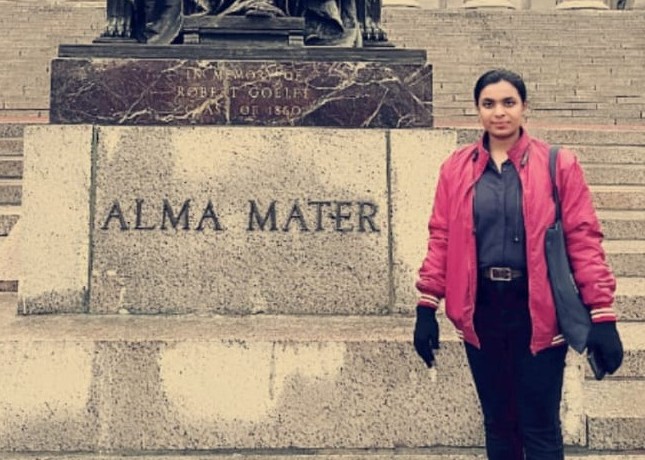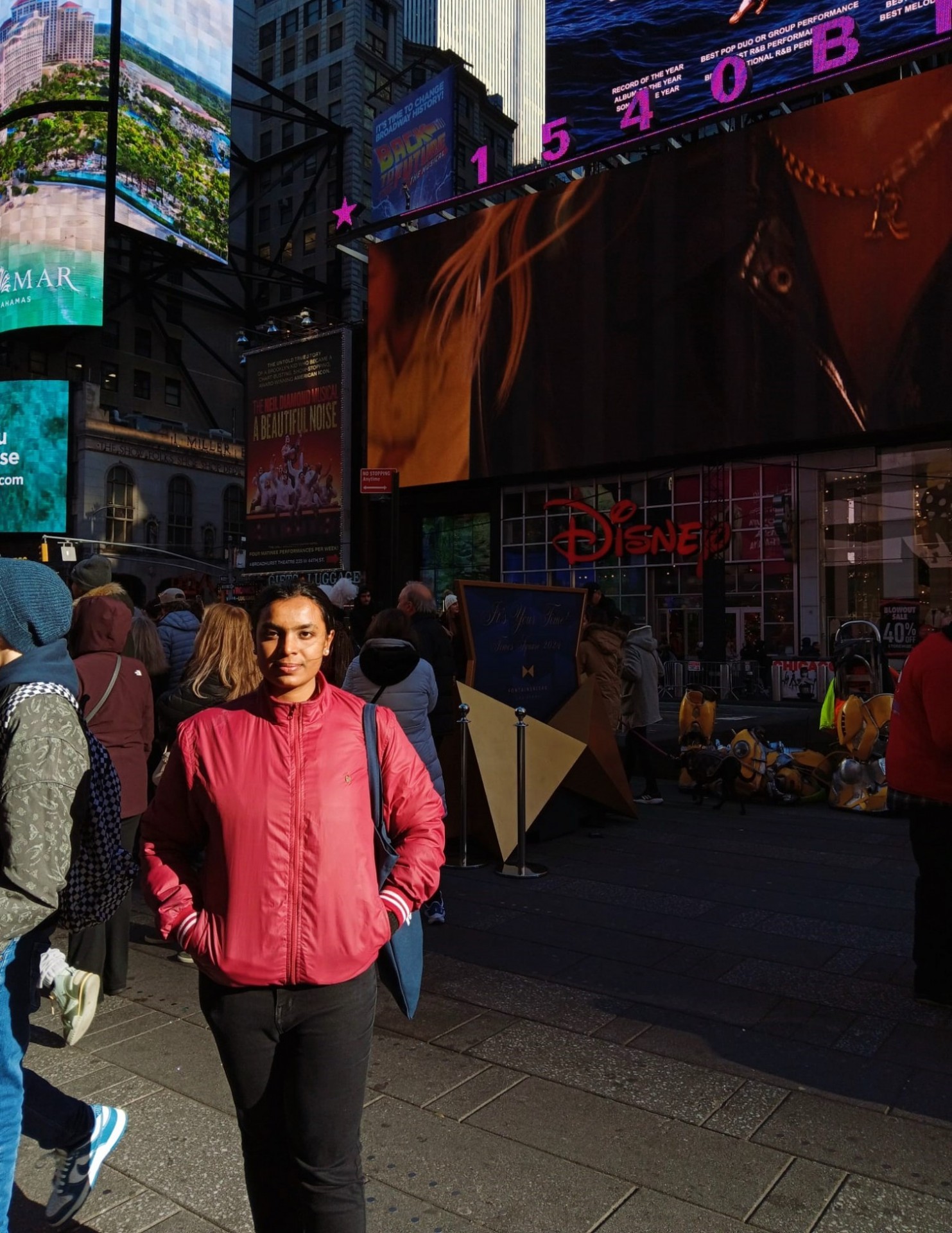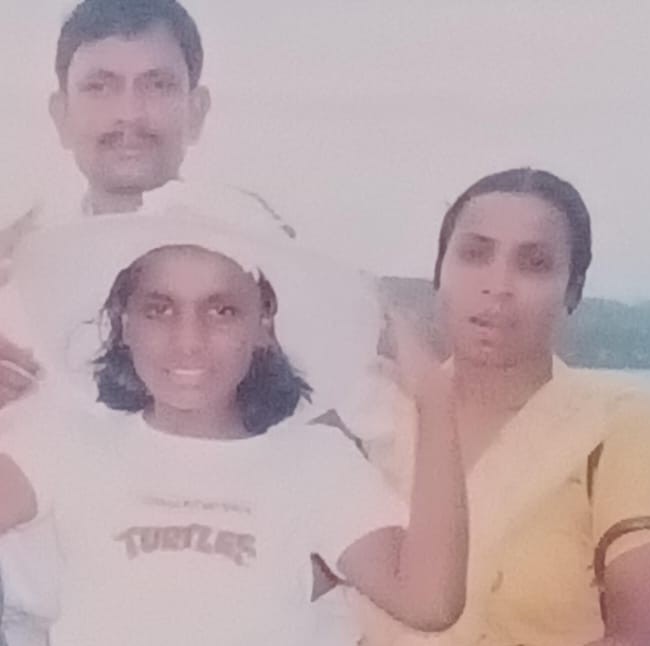This interview has been edited for clarity and style.
Why are women’s rights in education and health so important to you?
I come from a very humble background in India, and I have witnessed that some women are not so keen about going for higher education. They stop at primary education, and all they think about is getting married and having a family. This typically happens in the rural areas of India, especially when women are not aware that they have lots of skill sets and potential which they can bring into the workforce. I call it “getting brainwashed by society norms.” Not everyone is aware of working women who have stepped outside of their house to create a legacy and made themselves a career-oriented woman.
Regarding the healthcare system, the condition of the healthcare system in many rural parts of my country is so degraded that the ratio of patients versus doctors is alarming, especially for women.
Female doctors are generally fewer in numbers, especially in rural areas, which makes it difficult for women of all ages to seek medical attention and discuss female health problems. That dynamic is something that makes a lot of women try to cure themselves with household remedies.
Just because you are a woman, does not mean you have no rights to education or health care. All women deserve access to education and healthcare. Women should get equal representation in their family and society, and should not be prone to discrimination and gender bias issues. The best way to make them aware of their rights is also to make their family members, especially men of the household, aware of women’s rights and inform them about the positive things of women's empowerment.



